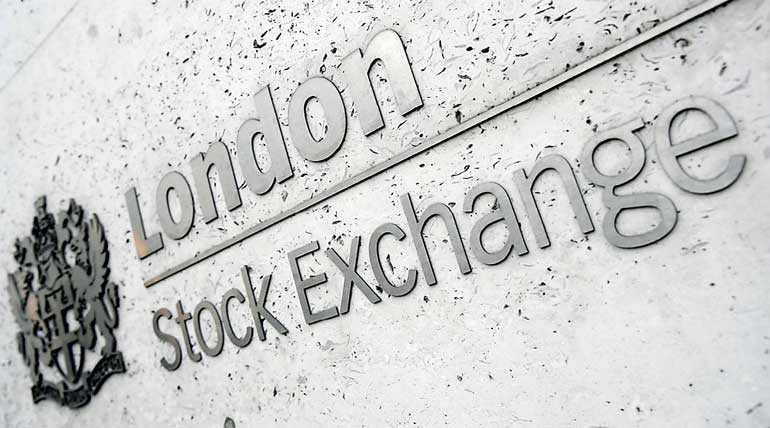Friday Feb 27, 2026
Friday Feb 27, 2026
Tuesday, 25 September 2018 00:00 - - {{hitsCtrl.values.hits}}

SYDNEY (Reuters): Asian shares stumbled in holiday-thinned trading on Monday as China’s decision to cancel talks with the United States reinforced fears of a protracted trade war with neither side willing to back down.
Oil prices jumped after top producers ruled out boosting crude output.
US stock futures were a touch weaker while MSCI’s broadest index of Asia-Pacific shares outside Japan fell 0.8%. Hong Kong was the worst performer with its Hang Seng index down 1.3%.
Most of Monday’s limited action was in currencies, as share markets in major Asian centres Japan, China and South Korea were closed for a holiday. But with domestic trading in respective countries shut, even forex trading was light.
Investors were squarely focused on the Sino-US trade war as China added $60 billion of US products to its import tariff list, retaliating against US duties on $200 billion of Chinese goods that came into effect at 0401 GMT Monday.
China also cancelled mid-level trade talks with the United States, as well as a proposed visit to Washington by Vice Premier Liu He originally scheduled for this week, the Wall Street Journal reported.
The United States, meanwhile, does not have a date for further talks.
The intensifying dispute between the world’s two biggest economies has spooked financial markets worried about the fallout on global growth.
The Japanese yen, which sees fund inflows during times of crisis, held above a recent two-month trough at 112.6 per dollar while the trade-sensitive Australian dollar slipped from a 3-1/2 week top to $0.7268.
“Both the U.S. and China are digging in, and increasingly the subtext seems to be as much about advancing a trade ideology as it is about rescinding trade tariffs,” said John Bilton, head of global multi-asset strategy at JPMorgan Asset Management.
“As a result, both the extent and depth of any economic impact are being recalibrated,” Bilton said.
“So while we continue to be constructive on the global economy over the coming quarters, it is hard to see the current surge in US activity morphing into another period of coordinated global growth.”
There was some optimism generally about Chinese growth as authorities in Beijing step up policy stimulus to offset the economic impact of the tariffs.
Chinese Premier Li Keqiang said over the weekend China will cut import and export costs for foreign firms as it looks to promote an image of being open for business.
Brexit and Fed
Britain’s negotiation with European Union will be another key issue for investors, with risks of a ‘no deal’ or ‘hard Brexit’ shooting up again.
On Friday, British Prime Minister Theresa May said talks with the European Union had hit an impasse after the bloc’s leaders rejected her “Chequers” plan without fully explaining why.
The pound fell as much as 1.4% on Friday, its biggest one-day percentage loss since June 2017. It was last at $1.3076, slightly above Friday’s $1.3053 which was the lowest since mid-September.
The euro eased from a three-month peak on Monday to last trade at $1.1739.
The dollar index, which measures the greenback against a basket of major currencies, was last at 94.273 to edge above its weakest point since early July.
Late last week, the dollar was hammered as investors ramped up bets that the US Federal Reserve will be near the end of its rate-hike cycle after an expected increase this week.
The Fed will end its two-day policy meeting on Wednesday.
Oil prices gained as OPEC’s leader Saudi Arabia and its biggest oil-producer ally outside the group Russia effectively rebuffed US President Donald Trump’s calls for action to lower prices.
Brent crude futures gained $1.03 to $79.83 a barrel, while US crude futures rose 80 cents to $71.58.